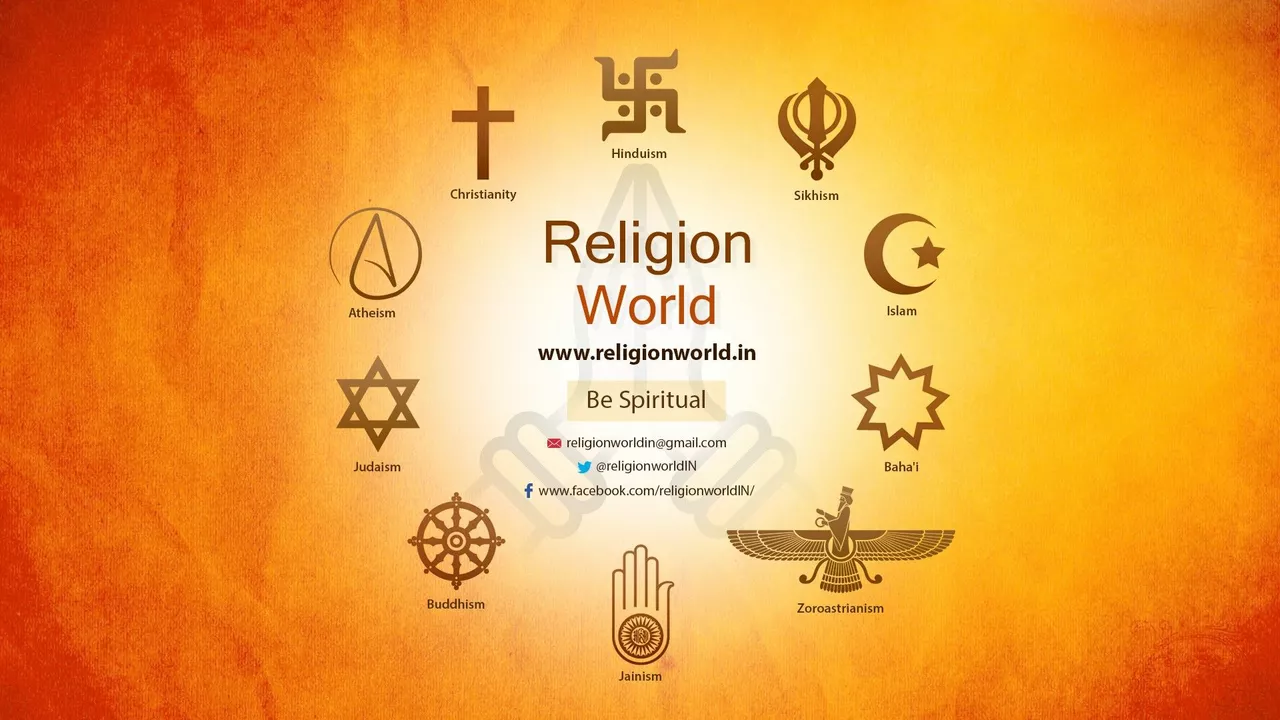Social experience: how your online life affects real life
Social experience isn't just about scrolling and likes. It's the mix of how you show up online, how others respond, and how that feedback changes your mood, choices, and relationships. Whether you're trying to grow a following, wondering why a friend never likes your posts, or worrying about school stress linked to social platforms, understanding this mix helps you take control.
Why social experience matters
Platforms shape what you see and how you feel. Algorithms push certain posts into your feed, so you often see loud, emotional, or extreme content first. That skews your sense of what’s normal. For creators, that same algorithm decides who sees your work — not how good it is but how quickly people react. For everyday users, missing out on a friend’s likes or getting fewer reactions can look personal even when it isn’t. Knowing that makes it easier to not take online signals as absolute truth.
Social experience also ties into mental health. Schools are noticing that students’ emotional wellbeing shifts with their online habits. Constant comparison, late-night scrolling, and piling notifications can raise anxiety and lower focus. On the flip side, social platforms can connect people, offer support, and spread useful info fast. It’s about how you use them, not just whether you use them.
Practical tips to improve your social experience
Want better online time and less stress? Try these simple steps. First, check your goals: are you here to share, learn, sell, or keep in touch? Different goals need different approaches. If you want more reach, post consistently, use clear hashtags, and engage with commenters fast. Treat followers like real people — reply, ask questions, and share useful stuff over just shouting for attention.
If your aim is better mental balance, set rules: specific browsing times, no phones at meals, or an hour of no social apps before bed. Trim your feed: mute accounts that make you compare and follow ones that teach, calm, or inspire. Use app settings to limit notifications so you decide when to check in, not the app.
When a friend doesn’t like your posts, don’t assume it’s personal. They might not see the post because of the algorithm, or they might be on a social break. If it matters, ask them directly in real life. Real conversations fix more than likes ever will.
Finally, think local and platform-specific. Social habits differ by country and age — what works on Instagram might fail on LINE or YouTube. Watch what people in your community engage with and adapt. Small changes in how you post and how you protect your time online can make your social experience more rewarding and less draining.
Use social media with intention. A few smart habits give you control: clear goals, regular engagement, curated feeds, and healthy limits. That’s how online life stops running you and starts working for you.
What is it like to be an atheist in India?
Being an atheist in India is like being a vegetarian at a barbecue party - lots of questions, puzzled faces, and a fair share of "but why?" reactions. It's a Bollywood plot twist that leaves everyone at the edge of their seats. From the curious aunties at social gatherings to the intrigued rickshaw-wallahs, everyone has a spicy opinion to serve. There's a sense of camaraderie with fellow atheists, like we're all part of an exclusive club, minus the secret handshake. But hey, it's not all a rollercoaster ride, you do get to skip the long queues at temples!

 Cricket
Cricket